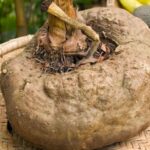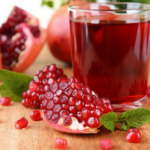The wild mulberry has become a familiar sight for those who grew up in rural areas. Mulberry trees typically grow wild, especially in the mountainous and barren hill regions of Vietnam, most commonly in the central region. This resilient tree can thrive even in harsh climatic conditions. During the season, mulberry branches sag under the weight of the fruit, painting the forest with a vibrant shade of deep purple.
Mulberries are small, resembling wooden tops, and they grow densely on the branches. As they ripen, they transform from a pinkish-purple to a deep black, their surface covered with a soft, silky layer of fuzz, and their insides filled with tiny seeds.
In the past, wild mulberries used to fall to the ground in abundance, providing a delightful treat for rural children. Little did they know that these fruits would become a sought-after delicacy in recent times. Nowadays, many city dwellers have discovered the joy of this humble gift from nature, leading some to cultivate mulberry trees for harvest and sale, thereby generating additional income for their families.
Ha Giang, a resident of Cau Giay, Hanoi, reminisces: “When I was little, it was easy to find mulberry trees laden with ripe fruit on the outskirts of the forest. We always picked the juiciest ones to enjoy on the spot, and we also brought some home for my father to make wine. But now, with the forest area shrinking, we have to venture deeper into the wilderness or climb higher mountains to find them. In the city, buying fresh mulberries isn’t always easy; the fruits are delicate and prone to bruising during transport, so finding tasty ones requires care.”
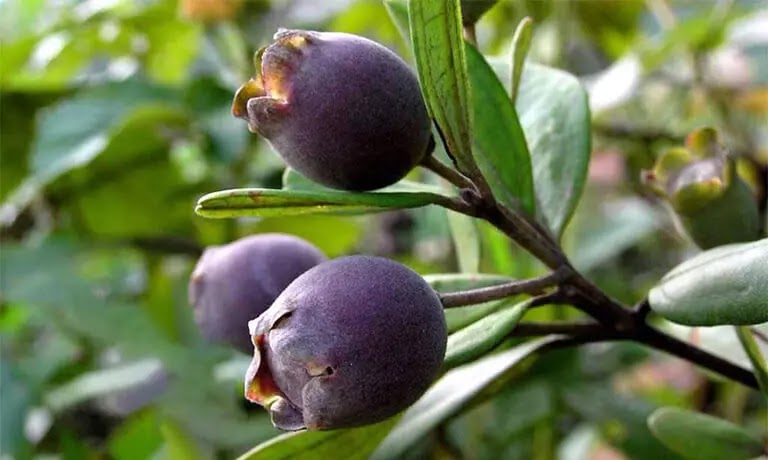
In the past, wild mulberries used to fall to the ground, providing a fun snack for rural children.
Currently, in the market, fresh mulberries sell for around 50,000 VND per kilogram. For dried mulberries, the price ranges from 120,000 to 150,000 VND per kilogram. This dried variety is highly favored by consumers, especially those who want to make wine, as it can be stored for a long time without spoilage, and the flavor remains as sweet as fresh mulberries. The process of infusing mulberry wine typically takes about 60 days, and when the liquor turns a deep purple, it’s ready to be savored.
As summer approaches, many people seek refreshing cold drinks, and wild mulberry syrup emerges as an enticing option with its sweet and unique flavor. Especially during the period from August to November every year, wild mulberries are in full season and are sold everywhere, from traditional markets to e-commerce platforms.
Not just a refreshing drink, wild mulberries also offer numerous health benefits. In traditional Eastern medicine, mulberries are known by various names such as ‘son nam’, ‘cuong nam’, or ‘hong sim’. With their sweet and slightly astringent taste, mulberries have a neutral nature and are believed to be highly beneficial for the body. They help replenish blood, stop bleeding, and aid in treating conditions related to blood deficiency, such as spitting blood or nosebleeds.
Moreover, wild mulberries are recognized for their therapeutic effects on health issues like joint pain, rheumatism, anemia, and ailments such as hepatitis, hemorrhoids, insomnia, and dizziness.
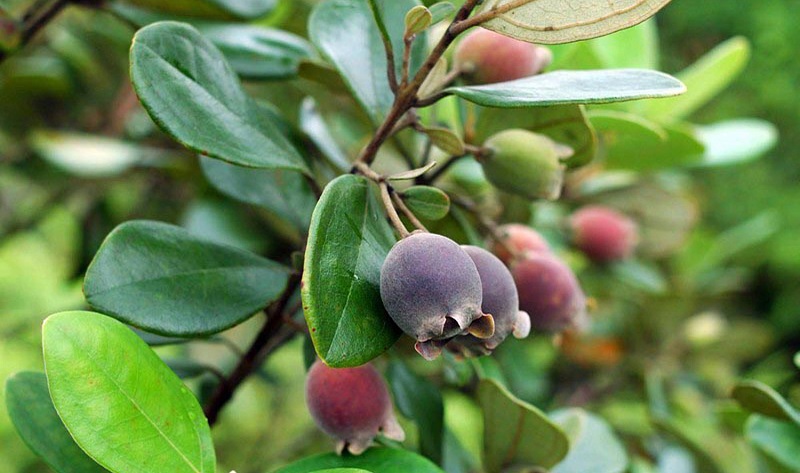
Wild mulberries are acknowledged for their supportive role in treating various health issues.
According to modern medical research, mulberries can be even more effective when combined with certain other medicinal herbs. The distinctive purple color of ripe mulberries contains a compound called anthocyanin, which boasts powerful antioxidant and anti-aging properties. This compound not only helps increase good cholesterol but also reduces bad cholesterol, contributing to the prevention of blood vessel blockages and anemia. Additionally, mulberries provide a wealth of nutrients, including protein, fat, glucids, vitamin A, and essential minerals for the body.
The entire mulberry tree, from its leaves to its roots, contains tannin and numerous other valuable compounds, enhancing its health benefits.
Some notable effects of mulberries include:
Blood Enrichment and Pregnancy Support
For pregnant women or those who have recently given birth, iron supplementation is crucial to prevent anemia. Drinking wild mulberry tea daily not only helps regenerate blood but also aids in preventing hemorrhage, combating physical exhaustion, and promoting abundant health for both mother and child.
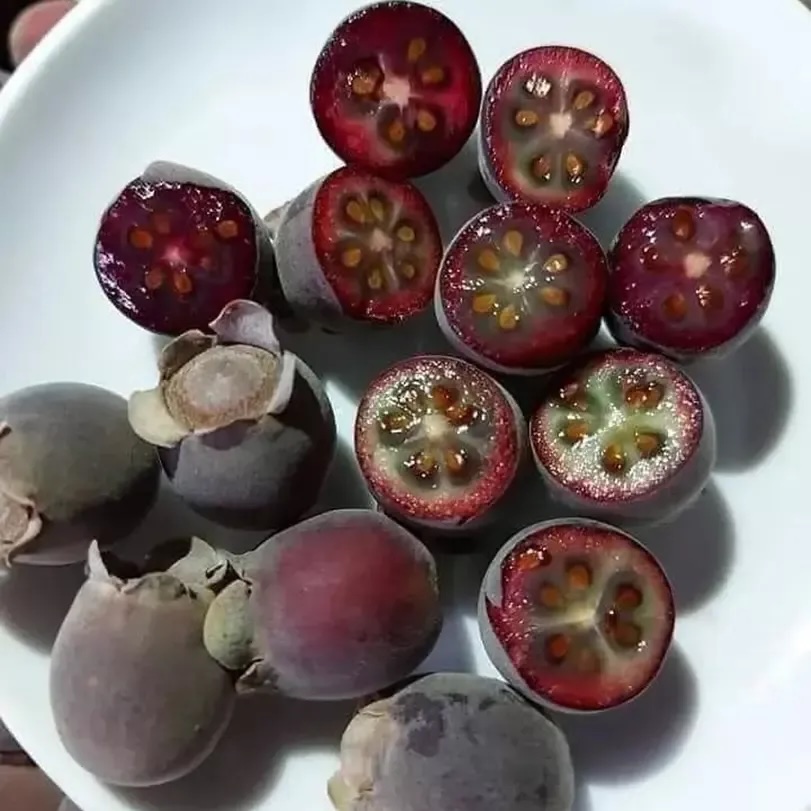
Drinking wild mulberry tea daily contributes to blood regeneration and supports pregnancy.
Digestive Stimulant
Wild mulberries are packed with valuable nutrients that not only strengthen the body but also enhance appetite. These components support the digestive process, allowing you to fully enjoy your meals.
Reduction of Atherosclerosis
One of the most remarkable effects of mulberries is their ability to increase good cholesterol in the body. As a result, consuming this fruit can help reduce the risk of atherosclerosis, thereby effectively protecting cardiovascular health.
Anti-Aging and Skin Benefits
Few people are aware of the skin-beautifying properties of mulberries. Rich in vitamins and minerals, daily consumption of mulberry-infused water can lead to smooth, radiant skin and help prevent skin aging. These nutrients not only nourish the skin from within but also help maintain a natural, rosy complexion.
Củ Nưa: The Exotic Delicacy Taking the City by Storm at 250,000 VND per kg.
In the hustle and bustle of modern life, city dwellers are constantly on the lookout for culinary delights that not only tantalize their taste buds but also nourish their bodies. Enter the humble Nưa root, a once-obscure vegetable that is now taking the culinary world by storm, with prices soaring to 250,000 VND per kilogram.


























